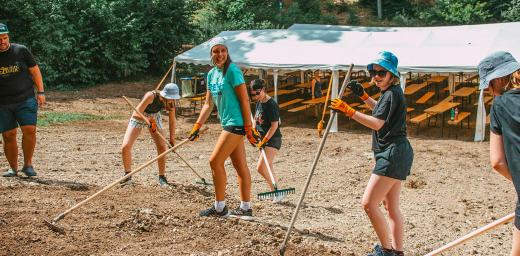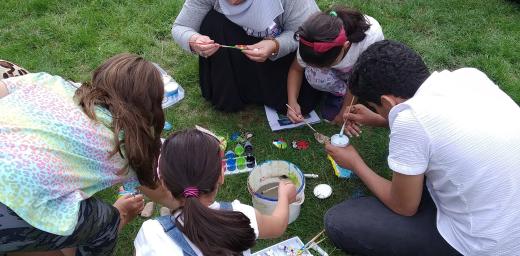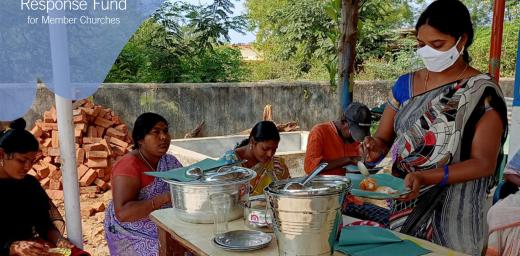COVID-19: Churches in frontline against ‘silent pandemic’
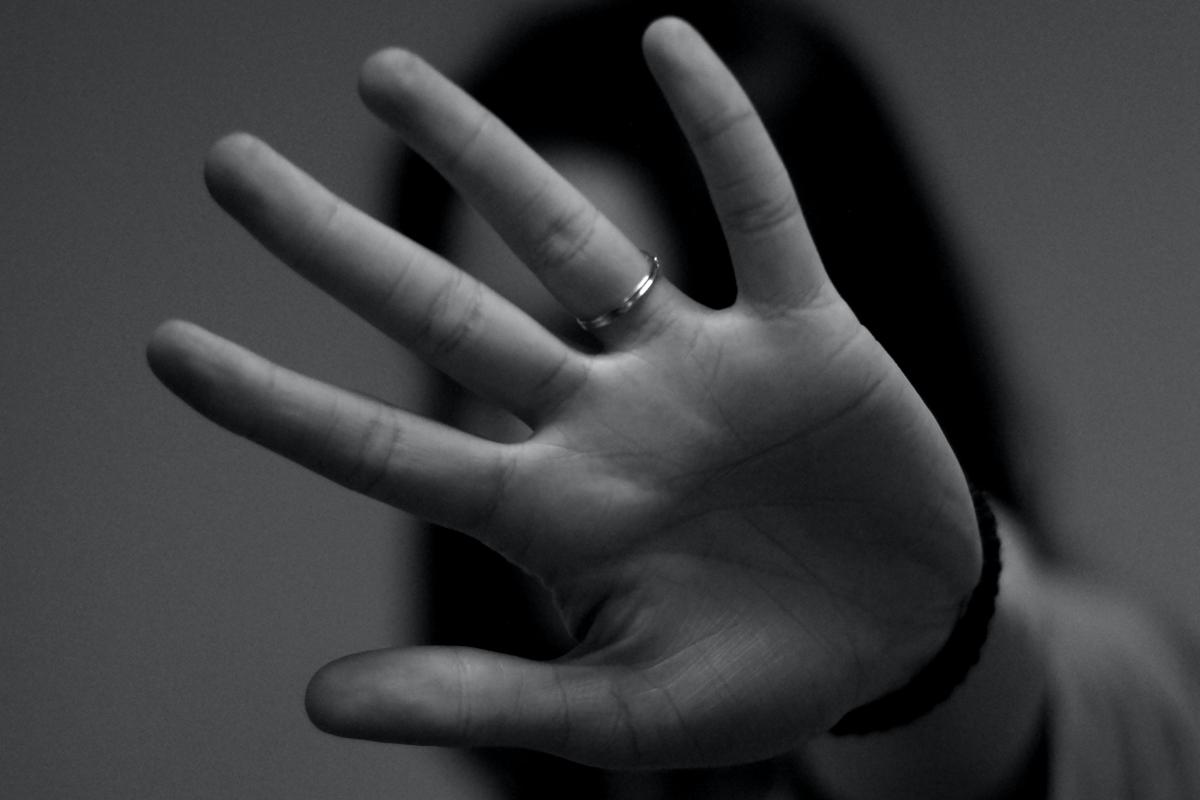
Womenâs support groups and helplines are reporting an alarming increase in the numbers of calls they have received since COVID-19 restrictions were introduced in many countries of the world. Photo: Mattia Ascenzo
Religious leaders urged to take strong stand against increase in domestic violence under lockdown
(LWI) - As new data emerges about an increase in domestic violence since the start of the Coronavirus (COVID-19) disease, the Lutheran World Federation (LWF) leaders have joined the United Nations in warning about this “silent pandemic” which threatens women and children under lockdown. Lutheran churches in different parts of the global communion are leading the way in supporting women who face added risks at this time of forced isolation.
In a letter sent to member churches this week, LWF’s President Archbishop Dr Panti Filibus Musa and General Secretary Rev. Dr Martin Junge point to the “alarming increase of femicide in the world.” The two leaders urge churches to “reject and confront violence against women” by making helpline numbers easily available, as well as continuing to educate about ways of preventing abuse. They note that the LWF has a longstanding commitment to gender justice, producing relevant resources in many different languages
Abuse increases during isolation
“Silence and lockdown are the best friends of abusers because they use isolation as an effective tool to control their victims and hide their actions from others” says Rev. Judith VanOsdol, LWF’s Program Executive for Gender Justice and Women’s Empowerment. “We’ve seen a sharp increase in the number of women contacting emergency helplines across all the continents,” she notes, adding that “religious leaders have a responsibility to stand up for gender justice and send a strong message that perpetrators of violence and coercion will be held accountable for their crimes.”
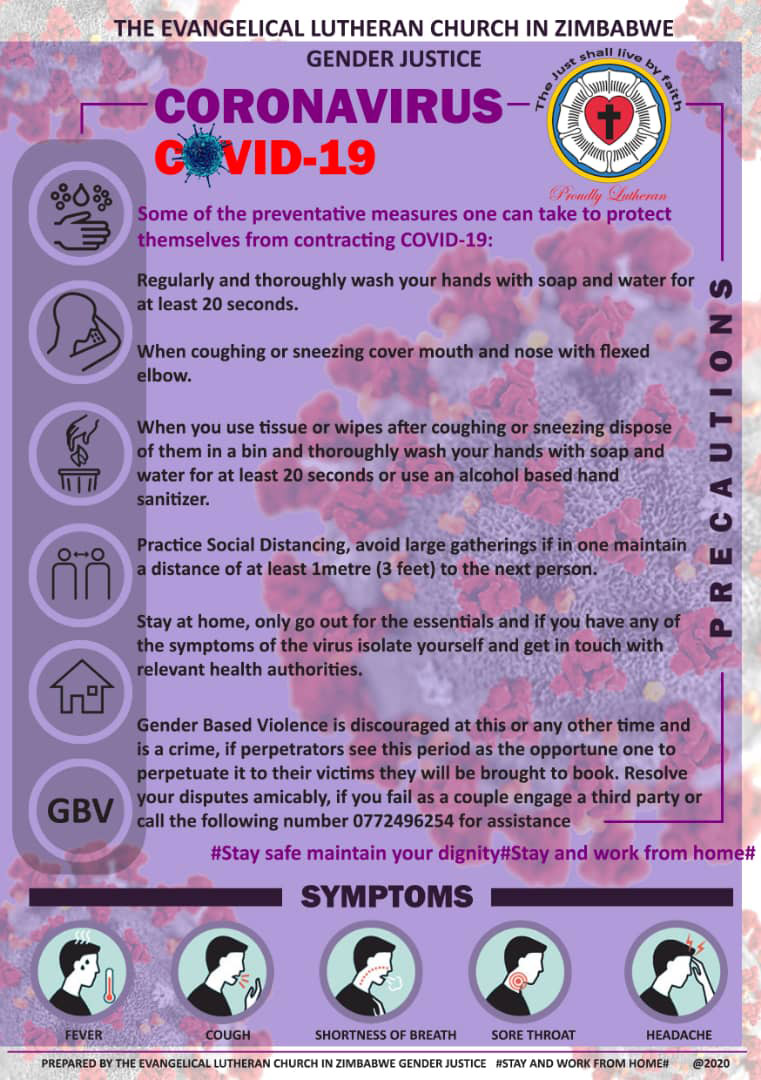
The ELCZ includes prevention of gender-based violence as a key concern on posters produced for the COVID-19 crisis
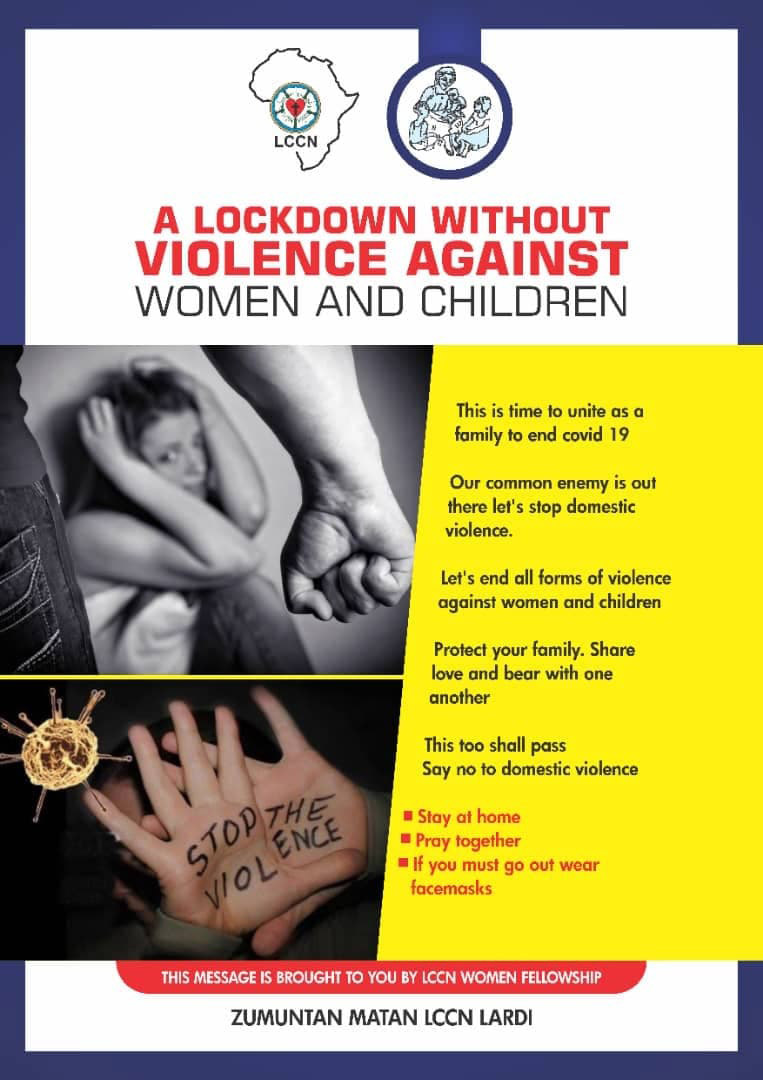
The LCCN Women’s Fellowship has distributed fliers calling for an end to violence against women and children during lockdown
The Evangelical Lutheran Church in Zimbabwe (ELCZ) was quick to respond to the heightened threats facing women, as health and financial burdens increase tensions and cramped living conditions cause further strains. The ELCZ’s Gender Justice Office, headed by Rev. Elitha Moyo, produced posters highlighting domestic abuse as a key concern during the COVID-19 crisis, stressing that gender-based violence is a crime and abusers will be "brought to book.”. The Women’s Fellowship of The Lutheran Church of Christ in Nigeria (LCCN) has also distributed fliers calling for an end to violence against women and children during lockdown.
In Germany, Ursula Kress, Officer for Equal Opportunities in the Evangelical Lutheran Church in Württemberg, has compiled a list of local contacts where women can find help at a time when support centers may be closed and shelters unable to take people in because of quarantine restrictions. Domestic violence is "one of the greatest health risks for women", says Kress, who serves as her church's contact person for all gender-based violence. She notes that children and "also men could be affected by domestic violence," but she fears a significant increase in cases of violence against women as a result of the Coronavirus crisis.
Other churches in Germany are also providing online information, local contacts and support for victims of domestic violence, seeking to distribute fliers widely in supermarkets, bakeries and pharmacies, as well as church buildings.
Support services harder to access
The Evangelical Lutheran Church in America included information for those suffering from domestic violence with Presiding Bishop Elizabeth Eaton’s Easter messages on COVID-19. Bishop Eaton, LWF’s vice-president for North America, is an ambassador for the ‘Thursdays in Black’ campaign which works to end gender-based violence and is calling on all ecumenical and interfaith partners to step up awareness raising and prevention at this time.
We call upon LWF member churches to continue to raise awareness on violence against women. By naming it, we will start to overcome it.
‘Faith in Beijing,’ a collective of faith-based networks, has also called for all COVID-19 responses to include strategies to prevent sexual and gender-based violence, stressing that services for survivors are harder to access at this time. Faith groups have a vital role to play at this time in distributing accurate public health information, as well as playing “a positive role in promoting messages of gender justice, challenging stigma and harmful gender norms,” the group says.
The UN has also warned of the particular impact of the pandemic on women, many of whom have lost jobs in the informal economy and seen their unpaid care work with children, the elderly and the sick increase exponentially. UN Secretary General António Guterres urged governments to “make prevention and redress of violence against women a key part of their national response plans for COVID-19,” including allocating more resources for shelters, hotlines, counselling and support services. Law enforcement and judiciaries must “send a strong message that impunity will not be tolerated,” he said.
“Women’s rights and freedoms are essential for strong and resilient societies,” Guterres stressed, adding that women are not just victims or survivors, but “key players in recovering from the pandemic and building a more sustainable and just society for the future.”


